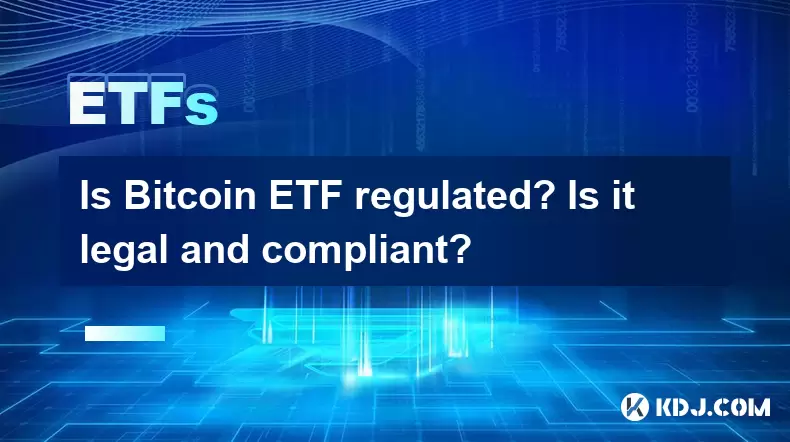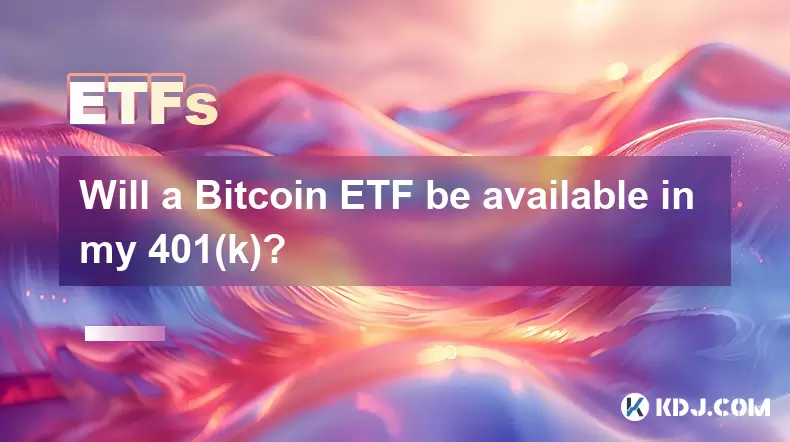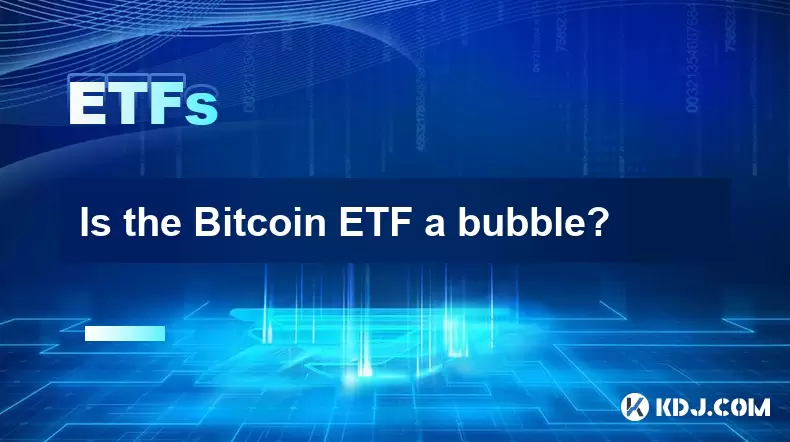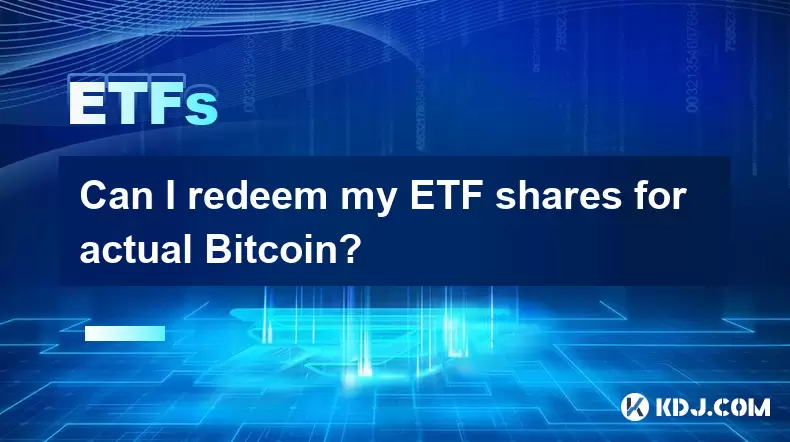-
 Bitcoin
Bitcoin $115900
-2.21% -
 Ethereum
Ethereum $3710
-3.94% -
 XRP
XRP $3.009
-4.19% -
 Tether USDt
Tether USDt $1.000
0.01% -
 BNB
BNB $783.6
-1.88% -
 Solana
Solana $171.7
-4.75% -
 USDC
USDC $1.000
0.00% -
 Dogecoin
Dogecoin $0.2098
-6.05% -
 TRON
TRON $0.3276
0.13% -
 Cardano
Cardano $0.7372
-5.46% -
 Hyperliquid
Hyperliquid $41.45
-3.60% -
 Sui
Sui $3.624
-5.88% -
 Stellar
Stellar $0.3978
-5.52% -
 Chainlink
Chainlink $16.93
-6.13% -
 Bitcoin Cash
Bitcoin Cash $570.3
-2.41% -
 Hedera
Hedera $0.2531
-6.33% -
 Avalanche
Avalanche $22.47
-5.11% -
 Ethena USDe
Ethena USDe $1.001
-0.02% -
 Toncoin
Toncoin $3.486
1.56% -
 UNUS SED LEO
UNUS SED LEO $8.933
-0.25% -
 Litecoin
Litecoin $106.7
-3.55% -
 Shiba Inu
Shiba Inu $0.00001245
-4.79% -
 Polkadot
Polkadot $3.710
-4.20% -
 Uniswap
Uniswap $9.391
-7.68% -
 Monero
Monero $307.6
-1.90% -
 Dai
Dai $0.0000
-0.01% -
 Bitget Token
Bitget Token $4.401
-3.37% -
 Cronos
Cronos $0.1412
-3.90% -
 Pepe
Pepe $0.00001077
-6.52% -
 Aave
Aave $261.6
-6.15%
Is Bitcoin ETF regulated? Is it legal and compliant?
Bitcoin ETFs' regulation varies by jurisdiction: approved in Canada and Germany, while the U.S. has approved futures ETFs, showing a cautious approach to cryptocurrency investment.
May 15, 2025 at 05:50 pm

Introduction to Bitcoin ETFs
Bitcoin Exchange Traded Funds (ETFs) have become a significant topic within the cryptocurrency community, as they offer a way for investors to gain exposure to Bitcoin without the need to directly own the cryptocurrency. However, one of the critical questions that arise is whether Bitcoin ETFs are regulated, legal, and compliant with financial regulations. This article will delve into these questions, providing a detailed analysis of the regulatory landscape surrounding Bitcoin ETFs.
Regulatory Framework for Bitcoin ETFs
The regulation of Bitcoin ETFs varies significantly depending on the jurisdiction. In the United States, the Securities and Exchange Commission (SEC) plays a pivotal role in the approval and regulation of Bitcoin ETFs. The SEC has been cautious about approving Bitcoin ETFs due to concerns about market manipulation and the lack of robust regulatory oversight in the cryptocurrency market. However, recent developments suggest a potential shift, with the SEC approving Bitcoin futures ETFs, which are considered less risky due to their reliance on regulated futures markets.
In Canada, the regulatory environment is more favorable. The Ontario Securities Commission (OSC) has approved several Bitcoin ETFs, which are traded on the Toronto Stock Exchange (TSX). These ETFs are subject to stringent regulatory requirements, ensuring investor protection and market integrity. The Canadian approach demonstrates that Bitcoin ETFs can be regulated and compliant within a well-structured legal framework.
In Europe, the regulatory landscape is more fragmented, with different countries having varying approaches to Bitcoin ETFs. Countries like Germany have embraced cryptocurrency products, including ETFs, under the oversight of the Federal Financial Supervisory Authority (BaFin). In contrast, other European countries are still in the process of developing their regulatory frameworks, which can lead to uncertainty for investors.
Legal Status of Bitcoin ETFs
The legal status of Bitcoin ETFs is closely tied to their regulatory approval. In jurisdictions where Bitcoin ETFs are approved by regulatory bodies, they are considered legal and compliant with financial regulations. For instance, in Canada, Bitcoin ETFs are legally recognized and traded on regulated exchanges, providing investors with a legitimate avenue to invest in Bitcoin.
In the United States, the legal status of Bitcoin ETFs is more complex. While the SEC has not yet approved a spot Bitcoin ETF, the approval of Bitcoin futures ETFs indicates a pathway to legal recognition. These futures ETFs are considered legal because they are based on regulated futures contracts, which fall under the purview of the Commodity Futures Trading Commission (CFTC).
In Europe, the legal status of Bitcoin ETFs varies by country. In Germany, Bitcoin ETFs are legally recognized and regulated by BaFin, providing a clear legal framework for investors. However, in other European countries, the lack of regulatory clarity can lead to legal uncertainties, affecting the legitimacy of Bitcoin ETFs.
Compliance Requirements for Bitcoin ETFs
Compliance is a critical aspect of Bitcoin ETFs, ensuring that they adhere to regulatory standards and protect investor interests. In the United States, Bitcoin futures ETFs must comply with the regulations set by the SEC and the CFTC. This includes requirements for transparency, reporting, and risk management. The SEC requires detailed disclosures about the ETF's holdings, fees, and risks, ensuring that investors have access to comprehensive information.
In Canada, Bitcoin ETFs are subject to the compliance requirements of the OSC. These include regular reporting, audits, and adherence to investment restrictions. The OSC also requires ETFs to maintain a high level of transparency, ensuring that investors are well-informed about the risks and rewards associated with investing in Bitcoin.
In Europe, compliance requirements for Bitcoin ETFs vary by country. In Germany, BaFin requires Bitcoin ETFs to adhere to strict compliance standards, including anti-money laundering (AML) and know-your-customer (KYC) regulations. These requirements are designed to prevent financial crimes and ensure the integrity of the financial system.
Challenges and Considerations for Bitcoin ETFs
Despite the potential for regulation and compliance, Bitcoin ETFs face several challenges. Market manipulation is a significant concern, particularly in the context of spot Bitcoin ETFs. The SEC has cited this as a reason for delaying the approval of spot Bitcoin ETFs, emphasizing the need for robust surveillance mechanisms to detect and prevent manipulative activities.
Liquidity is another challenge for Bitcoin ETFs. The underlying cryptocurrency market can be volatile, affecting the liquidity and pricing of ETFs. Regulators and ETF providers must address these liquidity concerns to ensure that ETFs can be traded efficiently and fairly.
Investor protection is a paramount consideration. Regulatory bodies must ensure that Bitcoin ETFs are structured to protect investors from undue risks. This includes setting limits on leverage, ensuring transparency in ETF operations, and providing clear information about the risks associated with investing in cryptocurrencies.
Case Studies of Bitcoin ETFs
To illustrate the regulatory and legal landscape of Bitcoin ETFs, let's examine a few case studies. The Purpose Bitcoin ETF (BTCC.B), launched in Canada, is one of the first Bitcoin ETFs to receive regulatory approval. It is traded on the TSX and is subject to the oversight of the OSC. The ETF has been successful in attracting investors, demonstrating that regulated Bitcoin ETFs can operate effectively within a legal framework.
The ProShares Bitcoin Strategy ETF (BITO), launched in the United States, is another example. It is a Bitcoin futures ETF approved by the SEC, providing investors with exposure to Bitcoin through regulated futures contracts. The success of BITO highlights the potential for Bitcoin ETFs to gain regulatory approval in the U.S., albeit with a focus on futures rather than spot markets.
The ETC Group Physical Bitcoin (BTCE), traded in Germany, is an example of a Bitcoin ETF operating within the European regulatory framework. It is regulated by BaFin and provides investors with direct exposure to Bitcoin. The ETF's success in Germany underscores the importance of clear regulatory guidelines in fostering investor confidence.
Frequently Asked Questions
Q: Can investors outside the approved jurisdictions invest in Bitcoin ETFs?
A: Investors outside the approved jurisdictions may face challenges in investing in Bitcoin ETFs. While some ETFs may be available on international exchanges, regulatory restrictions and tax implications can vary. It is essential for investors to consult with financial advisors to understand the feasibility and legality of investing in Bitcoin ETFs from their respective jurisdictions.
Q: How do Bitcoin ETFs differ from direct Bitcoin investments?
A: Bitcoin ETFs offer investors exposure to Bitcoin without the need to directly own and manage the cryptocurrency. ETFs are traded on regulated exchanges, providing liquidity and ease of access. In contrast, direct Bitcoin investments require investors to manage their own wallets and navigate the complexities of cryptocurrency exchanges. ETFs also come with management fees, which can impact overall returns.
Q: What are the risks associated with investing in Bitcoin ETFs?
A: Investing in Bitcoin ETFs carries several risks, including market volatility, regulatory changes, and potential market manipulation. The underlying cryptocurrency market can be highly volatile, affecting the value of ETFs. Additionally, regulatory changes can impact the legality and operation of Bitcoin ETFs, introducing uncertainty for investors. It is crucial for investors to understand these risks and consider their risk tolerance before investing in Bitcoin ETFs.
Q: How can investors ensure they are investing in a compliant Bitcoin ETF?
A: To ensure compliance, investors should verify that the Bitcoin ETF is approved by a regulatory body in their jurisdiction. This includes checking for approvals from the SEC in the United States, the OSC in Canada, or BaFin in Germany. Investors should also review the ETF's prospectus and disclosures to understand its compliance with regulatory requirements, including transparency, reporting, and risk management standards.
Disclaimer:info@kdj.com
The information provided is not trading advice. kdj.com does not assume any responsibility for any investments made based on the information provided in this article. Cryptocurrencies are highly volatile and it is highly recommended that you invest with caution after thorough research!
If you believe that the content used on this website infringes your copyright, please contact us immediately (info@kdj.com) and we will delete it promptly.
- Rarible Integrates Somnia Blockchain: A New Era for NFT Gaming?
- 2025-08-01 12:30:11
- JPMorgan, Coinbase, and Crypto Mainstream: A New York Minute on the Future of Finance
- 2025-08-01 12:30:11
- Ripple, XRP, and RLUSD: Navigating Growth and Innovation
- 2025-08-01 08:30:37
- Tether's Triumph: Profits, US Initiatives, and Stablecoin Supremacy
- 2025-08-01 09:11:00
- Ethereum, ZK-VMs, and Quantum Resistance: A New Era for Blockchain Security?
- 2025-08-01 09:30:12
- Ethereum: Institutional Interest Surges Amid Network Upgrades
- 2025-08-01 08:50:19
Related knowledge

What is the best platform to trade Bitcoin ETFs?
Jul 23,2025 at 04:14am
Understanding Bitcoin ETFs and Their Role in TradingBitcoin Exchange-Traded Funds (ETFs) have gained significant traction among traditional and crypto...

What is the best platform to trade Bitcoin ETFs?
Jul 17,2025 at 03:50pm
Understanding Bitcoin ETFs and Their Role in the MarketBitcoin Exchange-Traded Funds (ETFs) are investment vehicles that track the price of Bitcoin wi...

Will a Bitcoin ETF be available in my 401(k)?
Jul 17,2025 at 10:42pm
What is a Bitcoin ETF?A Bitcoin ETF (Exchange-Traded Fund) is an investment vehicle that tracks the price of Bitcoin without requiring investors to di...

Who is the authorized participant for a Bitcoin ETF?
Jul 18,2025 at 12:42am
Understanding the Role of Authorized Participants in Bitcoin ETFsIn the context of Bitcoin Exchange-Traded Funds (ETFs), an authorized participant (AP...

Is the Bitcoin ETF a bubble?
Jul 20,2025 at 06:57am
Understanding the Bitcoin ETF ConceptA Bitcoin Exchange-Traded Fund (ETF) is a financial product that aims to track the price of Bitcoin without requi...

Can I redeem my ETF shares for actual Bitcoin?
Jul 17,2025 at 03:14pm
Understanding ETF Shares and Their Relation to BitcoinExchange-Traded Funds (ETFs) have become a popular investment vehicle for those looking to gain ...

What is the best platform to trade Bitcoin ETFs?
Jul 23,2025 at 04:14am
Understanding Bitcoin ETFs and Their Role in TradingBitcoin Exchange-Traded Funds (ETFs) have gained significant traction among traditional and crypto...

What is the best platform to trade Bitcoin ETFs?
Jul 17,2025 at 03:50pm
Understanding Bitcoin ETFs and Their Role in the MarketBitcoin Exchange-Traded Funds (ETFs) are investment vehicles that track the price of Bitcoin wi...

Will a Bitcoin ETF be available in my 401(k)?
Jul 17,2025 at 10:42pm
What is a Bitcoin ETF?A Bitcoin ETF (Exchange-Traded Fund) is an investment vehicle that tracks the price of Bitcoin without requiring investors to di...

Who is the authorized participant for a Bitcoin ETF?
Jul 18,2025 at 12:42am
Understanding the Role of Authorized Participants in Bitcoin ETFsIn the context of Bitcoin Exchange-Traded Funds (ETFs), an authorized participant (AP...

Is the Bitcoin ETF a bubble?
Jul 20,2025 at 06:57am
Understanding the Bitcoin ETF ConceptA Bitcoin Exchange-Traded Fund (ETF) is a financial product that aims to track the price of Bitcoin without requi...

Can I redeem my ETF shares for actual Bitcoin?
Jul 17,2025 at 03:14pm
Understanding ETF Shares and Their Relation to BitcoinExchange-Traded Funds (ETFs) have become a popular investment vehicle for those looking to gain ...
See all articles

























































































